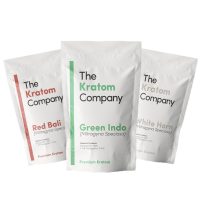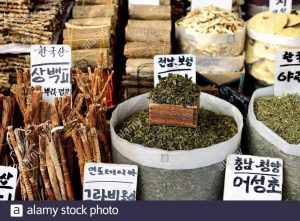Home » Is Kratom Legal in South Carolina?

Is Kratom Legal in South Carolina?
- Anthony Dent, Founding Member
- No Comments
South Carolina, known for its stunning beaches and rich history, offers a unique blend of cultural charm and laid-back living. Whether you’re exploring Charleston’s cobblestone streets or relaxing at Myrtle Beach, the state attracts those seeking simplicity and balance. Along with this lifestyle, interest in natural wellness options has grown, and kratom has become a popular topic of discussion among residents.
But is kratom legal in South Carolina? The answer is yes. For those curious about trying kratom, understanding its legal status is vital. This guide breaks down what you need to know about kratom in the state, from its current legal standing to practical tips for buying quality kratom and safe and responsible use.
What You Need to Know About Kratom
Kratom is a plant primarily grown in Southeast Asia. Its leaves have been used for centuries, often chewed or made into tea, for their potential calming and energizing effects. In modern times, it has gained attention as a herbal supplement that some claim helps with discomfort, relaxation, and focus. Kratom is sold in different forms, including pure leaf kratom powder, capsules, and kratom extracts, making it a versatile option for beginners and experienced enthusiasts.
Because kratom is legal in South Carolina, its popularity has grown, and many residents have added kratom to their wellness routines. Its increasing acceptance mirrors a broader national trend toward the adoption of ethnobotanical options. Whether seeking daily relief, a way to soothe day-to-day pain, or ease discomfort, it’s important to be informed about the current kratom laws in South Carolina.
Current Legal Status of Kratom in South Carolina
There are no state laws banning kratom’s use, possession, or sale in the state. Unlike states such as Alabama and Arkansas, where kratom is classified as a controlled substance, South Carolina allows its residents to buy and use kratom without any restrictions. So, kratom is legal in South Carolina, but the state has not yet introduced any formal regulations for kratom.
This means there are no government-mandated guidelines to ensure the quality, safety, or labeling of kratom. For regular buyers and those who want to try out the different strains, like Maeng Da or Red Bali kratom for sale, this lack of oversight emphasizes the need to be cautious when purchasing kratom within South Carolina.
Legislative Updates on Kratom
While kratom is currently legal in South Carolina, it has caught the attention of lawmakers. In recent years, several bills have been proposed to either regulate or restrict its use. Let’s take a closer look at some of these efforts:
- Bill 3742 (2023-2024): This proposed legislation aimed to classify kratom as a Schedule IV controlled substance, which would have made it illegal. However, the bill failed to pass.
- South Carolina Kratom Consumer Protection Act (2024): This proposal sought to introduce safety measures like age restrictions and penalties for selling unsafe products. Again, the legislation did not move forward, leaving current kratom laws in South Carolina unchanged.
- 2025 Legislative Session (SB221 and HB4030): These bills aim to regulate kratom sales, including quality standards and age restrictions, to make the market safer for consumers. Both are currently under review.
Although no regulations have been finalized, the repeated focus on kratom legislation suggests that South Carolina may adopt formal rules in the future. For now, kratom is legal in South Carolina, and residents can legally buy and use kratom without any restrictions.
Age and Responsible Use
South Carolina does not impose any state-mandated age restrictions for purchasing kratom. However, many retailers set their own rules, often requiring buyers to be at least 18 years old. This voluntary practice reflects a broader commitment to responsible use by vendors.
In addition to age restrictions, it’s important for people to understand how to enjoy kratom responsibly. Start with a low dose and gradually adjust based on your needs. Carefully follow any usage instructions provided by the vendor to avoid unnecessary risks.
How to Buy Safe Kratom in South Carolina
Even though kratom is legal in South Carolina, not all products are created equal. The absence of regulation makes it easier for low-quality or contaminated products to enter the market. If you’re considering kratom, here are some tips to ensure you’re making a safe purchase:
- Check for Lab Testing: Reputable sellers provide third-party lab test results that confirm their products are free from harmful contaminants like heavy metals and pesticides. This transparency is key to ensuring safety.
- Read Customer Reviews: Look for vendors with a solid reputation based on positive feedback from customers. Honest reviews can give you insight into product quality and customer service.
- Avoid Super Low Prices: If a product seems suspiciously cheap, it’s likely cutting corners on quality. Safe and ethically sourced kratom isn’t overly expensive, but it usually has fair pricing.
- Choose Clear Labels: Trust brands that share detailed product information, including strain types, sourcing, and usage directions.
By following these steps, you’ll avoid subpar products while getting the most out of your kratom experience. As long as the kratom laws in South Carolina remain the same, you can freely explore kratom.
Where to Buy Kratom in South Carolina
Now that we know kratom is legal in South Carolina, buying your favorite strains should be straightforward. Kratom is widely available across the state. You’ll find it in smoke shops, health stores, and through online vendors. Online shopping often provides a broader selection and access to lab-tested products from reputable companies. If you’re shopping in person, ask the retailer about their quality standards and whether their products have undergone independent testing. A trustworthy supplier will always be open about these details.
How South Carolina Compares to Other States
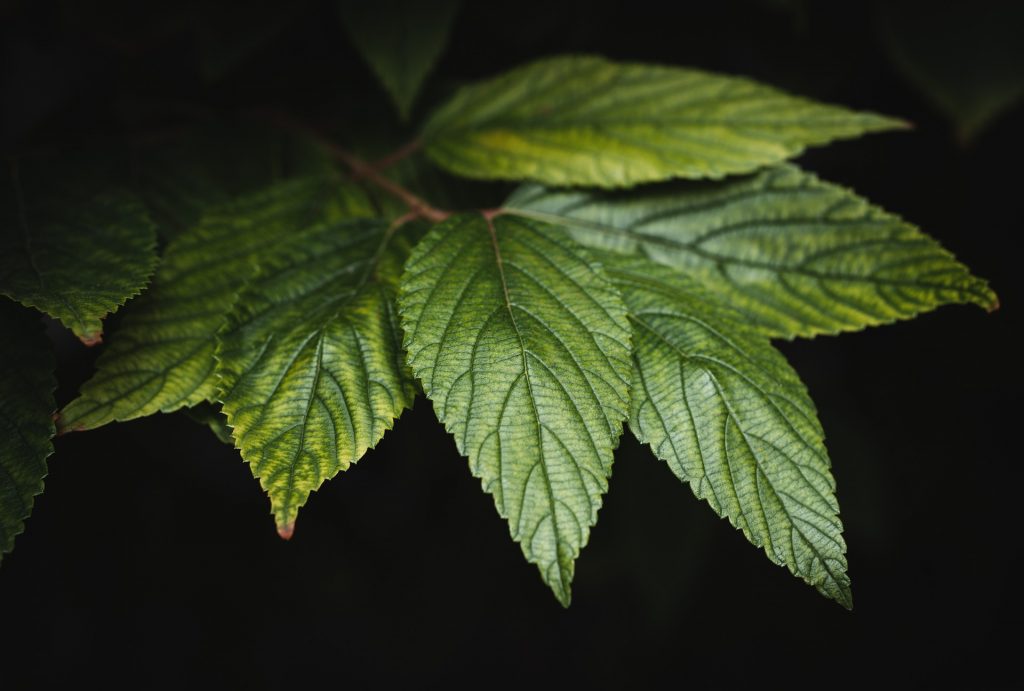
While kratom is legal in South Carolina, not all states take the same approach. Here’s how it compares:
- More Restrictive States: Alabama and Arkansas have banned kratom entirely, making its sale and use illegal.
- More Regulated States: Utah and Oregon have passed Kratom Consumer Protection Acts, which enforce regulations like product testing and age restrictions.
- Florida: Kratom is legal in Florida across most of the state, except in counties like Sarasota, where local governments have banned it.
South Carolina’s laws currently lean toward accessibility, but future regulatory efforts could balance availability with consumer safety.
Explore More at The Kratom Company
Kratom is legal in South Carolina and readily available for those interested in trying it. However, the lack of regulation puts more responsibility on consumers to ensure they’re choosing safe, high-quality products. If you’re new to kratom, take time to research brands and retailers. Look for lab-tested options, clear labeling, and trusted reviews to make an informed decision.
Companies like The Kratom Company offer reliable and safe products, making them a good starting point for anyone ready to explore this herbal supplement. With a little due diligence and a clear understanding of kratom laws in South Carolina, you can enjoy the potential benefits of kratom while staying confident in your safety and choices. Want to learn more or buy kratom? Explore our blog and our kratom shop today.
Featured Products
-
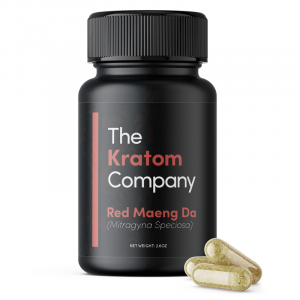 From $24.00Select options This product has multiple variants. The options may be chosen on the product page
From $24.00Select options This product has multiple variants. The options may be chosen on the product page -
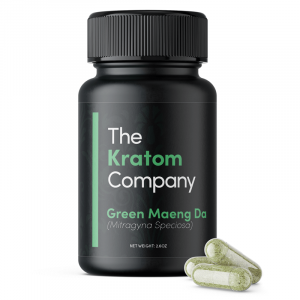 From $24.00Select options This product has multiple variants. The options may be chosen on the product page
From $24.00Select options This product has multiple variants. The options may be chosen on the product page -
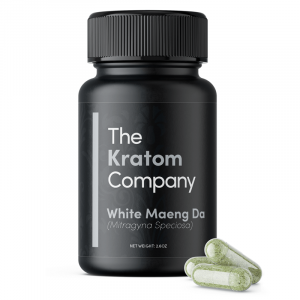 From $24.00Select options This product has multiple variants. The options may be chosen on the product page
From $24.00Select options This product has multiple variants. The options may be chosen on the product page
Explore More Posts
Product Search
Featured Products
-
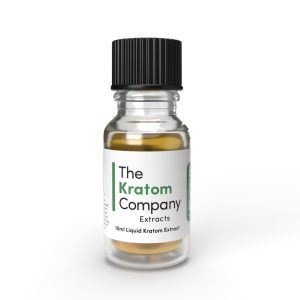 Pure Kratom Liquid Extract
Rated 4.72 out of 5From $20.00
Pure Kratom Liquid Extract
Rated 4.72 out of 5From $20.00 -
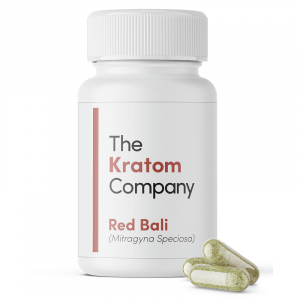 Red Vein Bali Kratom Capsules
Rated 4.70 out of 5From $24.00
Red Vein Bali Kratom Capsules
Rated 4.70 out of 5From $24.00 -
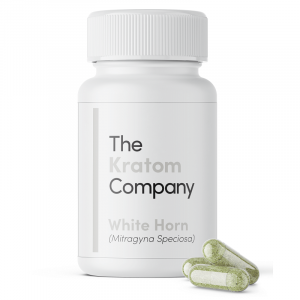 White Horn Kratom Capsules
Rated 4.88 out of 5From $24.00
White Horn Kratom Capsules
Rated 4.88 out of 5From $24.00
Follow Us
Strains
Blogs
NEWSLETTER
Sign up for our newsletter!

These statements and products presented on this website have not been evaluated by the Food and Drug Administration FDA. The products mentioned on this website are not intended to diagnose, prevent, treat or cure any diseases or health conditions. Therefore any information on this website is presented solely as the opinions of their respective authors who do not claim in any way shape or form to be medical professionals providing medical advice. The KRTM Company and its owners or employees cannot be held responsible for, and will not be liable for the inaccuracy or application of any information whatsoever herein provided. By purchasing our products you agree that you are aware and in compliance with your local county, state, or federal regulations. Must be 21 years or older to purchase Kratom. The US FDA has not approved kratom as a dietary supplement. We do not ship to the following states, cities and counties in the US where Kratom is banned: Alabama, Arkansas, Indiana, Rhode Island, Vermont, Wisconsin, Sarasota County, FL, Union County, MS, Denver, CO, San Diego, CA, and Jerseyville, IL.

